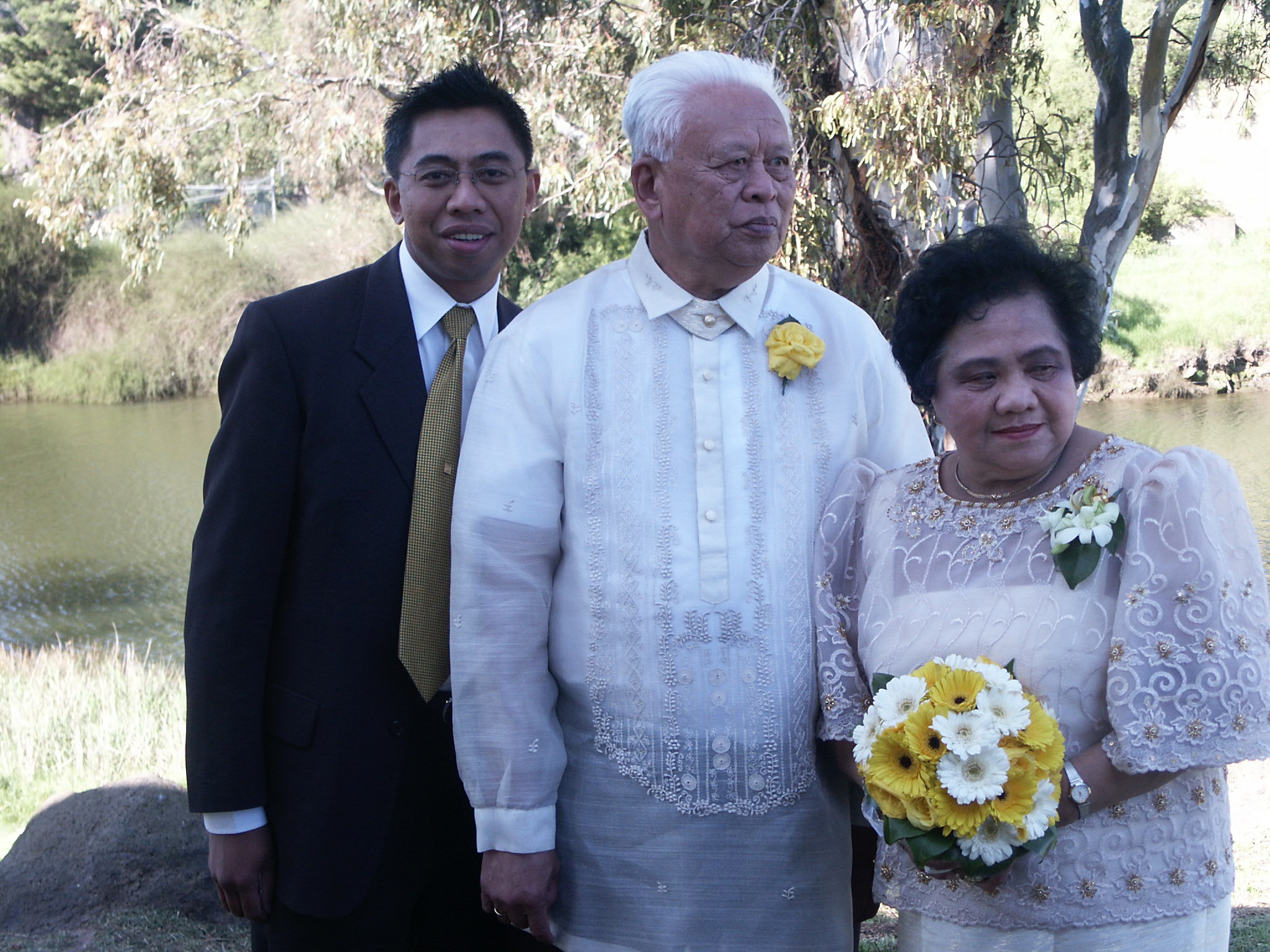Key Points
- In Australia, there are around 2.6 million people who take on the role of carer
- A carer is someone who tends to the needs of a loved one, friend, neighbor who is in need of constant care due to an illness, disability or addiction
- Support services are available for carers from respite care to assistance in navigating the health system
Mila Cichello, a wife and grandmother, supports her children by caring for her two grandchildren. Spending time with her grandchildren gives her enormous joy, it comes with lots of happy memories and the opportunity to spoil her grandkids.
However, not long-ago Mila Cichello also played the role of a carer but, unlike her current role as a grandmother; it was not an easy task. It came with enormous responsibilities that involved many hard decisions to be made and most often resulted with a heavy heart.
Mila the daughter
Mila’s parents lived independently in their home in Melbourne, her father was her mother’s primary carer when she was diagnosed with dementia.
The siblings rallied behind their parents and together took turns in seeing to their parents' needs but when her father suffered a stroke sometime in 2010 "we made a decision to look for support" shares Mila. Support from various agencies allowed Mila’s parents to remain in their home for as long as possible.
"We applied for support from Carers Victoria, the council and for Aged Care Package from the Commonwealth. We exhausted all possible options and agencies that could assist us."
However, it wasn’t possible for them to remain home and live independently, "in 2011, when my father’s health declined and my mother’s dementia took a turn for the worse, we had no choice. There was strong resistance to living in a nursing home at first, but we ran out of options. They moved to an aged care facility."
Carers Australia’s Alison Brook says ‘and it’s culturally quite different the way we view it, many see it as part of their role within the family however, the earlier you identify the role the more support and free support you are able to access so that you are able to sustain that caring role and have better support’ and Carers Australia’s CEO adds "there are a few options available from respite care to having someone help you navigate your way through the system as it can be confusing."
we are the sandwich generation, where an individual cares for their child or children while caring for their elderly parents.
Sandwich Generation
Mila's role as a carer describes it as part of the sandwich generation, where an individual cares for their child or children while caring for their elderly parents. While this role is not uncommon for Filipinos, living in Australia makes it rather difficult without the support of a larger family and support network. It wasn’t easy, she was also a working mother with a full-time job.
"At that time, I asked my employer if I am able to work part-time. Sadly, back then part-time hours weren’t an option in my role as a manager, I had to gradually reduce my hours so I could help with my parents' needs. My sisters who are nurses also had to reduce their hours, in my experience in our culture it is mainly the women to take on the carer's role."
‘We all had mortgages to pay, we all had children to care for but being the eldest there was a cultural expectation that I had to take on the full-time role’ Mila
A sibling in need
"That was a really difficult situation for us, you expect to care for your elderly parents but never for your younger sibling." recalls Mila.
Her younger brother, George had been unwell for some time. After a year of uncertainty, from a diagnosis of Multiple Sclerosis (MS) the final diagnosis we bleak. He was forty years old, her younger brother was diagnosed with a neurological, degenerative, and progressive illness, Motor Neuron Disease (MDS).

'There was a point where all three members of our family needed full-time care.' Mila Cichello Credit: Mila Cichello
'In my experience in our culture it is mainly the women to take on the carers role' Mila Cichello
Lessons learned
In 2018, there were around 2.65 million Australians who have taken on the role of a carer. They are children of elderly parents, parents to children who have special needs, or friends or loved ones of someone facing a debilitating illness or addiction.
Carers are an important part of our aging population "I don’t want to talk about money, but if you think about an aging population and all the unpaid workers caring for their loved ones and replacing it with a paid workforce it will amount to about $78 billion.
They make an enormous contribution not just to their families but to the Australian economy, but families are essential in wrapping up that support and love as people are aging," explains Carers Australia CEO, Alison Brook.
‘Our generation has better choices, we have superannuation to fall back on which may parents didn’t and I also don’t have that cultural expectation that my children will care for me as I age
For Mila Cichello, her caring experience gave her the opportunity to reflect and plan. Now in her sixties, she and her husband have downsized into a more practical home and have made plans and alternative plans for their future.
Unlike her parents, Mila has had the opportunity to invest in her superannuation, is more versed with the health system, and is able to better prepare for her needs.
"Our generation has better choices, we have superannuation to fall back on which may parents didn’t and I also don’t have that cultural expectation that my children will care for me as I age."




